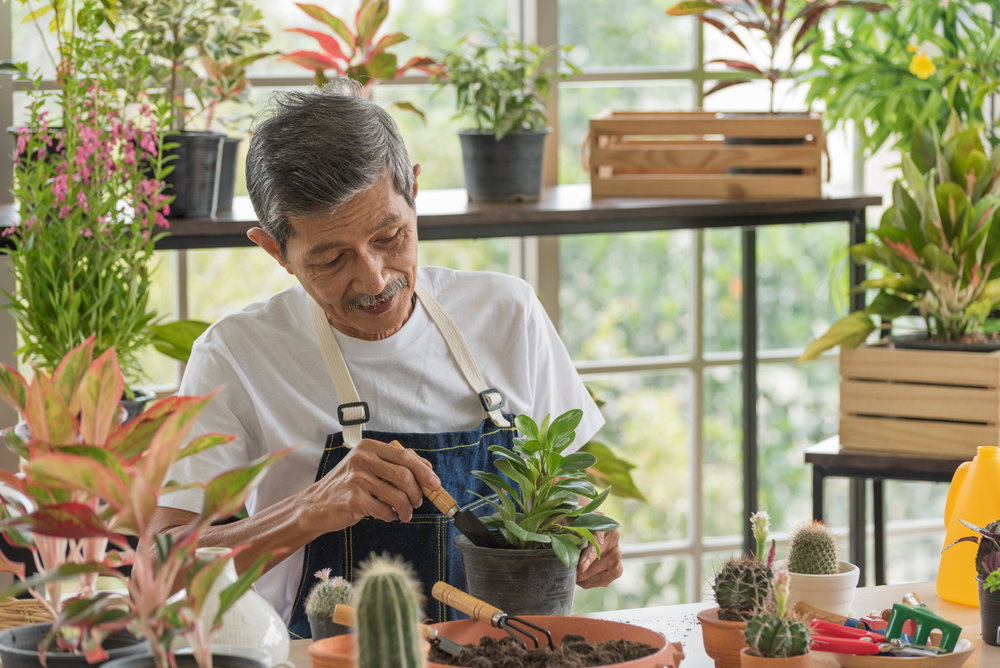Aging is a journey full of wisdom, growing families, and the luxury of more time for oneself. However, it can also offer its own set of difficulties, such as increased solitude, decreased physical activity, and, in some cases, feelings of depression. Fortunately, there is a simple yet effective remedy that can significantly improve the lives of seniors: hobbies. A recent study published in the journal Nature Medicine sheds light on why hobbies are essential for healthy aging.
The impact of hobbies on aging
Hobbies have long been acknowledged as a source of pleasure and joy. Engaging in things you enjoy provides enjoyment and can also develop social relationships, which are essential for preserving a sense of belonging and purpose. To better understand the tremendous impact of hobbies on aging, researchers conducted a global study involving over 90,000 people aged 65 and older from 16 different countries.
Hobbies were defined in this study as “activities people engage in during their leisure time for pleasure,” embracing a wide range of interests ranging from gardening and singing in church choirs to solving crossword puzzles and Sudoku. The study lasted four to eight years and included data from five longitudinal investigations.
Global perspectives on hobbies and happiness
The findings of this exhaustive investigation were nothing short of astounding. Seniors who participated in hobbies reported less depressive symptoms as well as increased levels of enjoyment, self-assessed health, and life satisfaction. Even after controlling for characteristics such as marital status, income, and job, these benefits remained consistent.
Surprisingly, the good impact of hobbies has crossed borders. The study’s authors stressed the study’s results’ universality, saying, “Given the relative universality of findings, ensuring equality in hobby engagement within and between countries should be a priority for promoting healthy aging.”
Hobbies as a route to aging well
Karen Mak, Ph.D., the study’s lead author, emphasized the importance of hobbies in protecting against age-related impairments in mental health. “Life satisfaction was most strongly linked to hobby engagement,” she added, stressing that hobbies contribute to life satisfaction through various mechanisms, including a sense of control, purpose, and competence in daily life.
Notably, countries with a higher proportion of people reporting having hobbies had higher life expectancy and national satisfaction levels. This correlation emphasizes the significant impact of hobbies on general well-being.
Mak underscored the research’s policy implications, saying, “Our research supports policymakers in promoting access to hobbies among older people as a way to enhance their well-being and health.”
Whether it’s making DIY projects or bonding with pals over card games, the message is clear: Don’t give up your hobbies as you get older. Participating in things that make you happy not only keeps you linked to your passions and communities but also benefits your mental health and overall well-being. Hobbies are the vivid threads that create a rewarding and enjoyable journey in the tapestry of aging.
Source study: Nature Medicine—Hobby engagement and mental wellbeing among people aged 65 years and older in 16 countries












